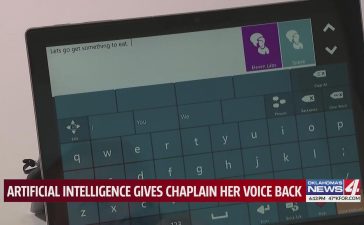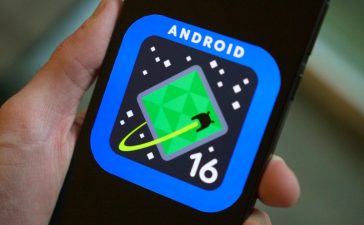
Honda introduces hydrogen-powered CR-V SUV fuel cell electric vehicle
Honda has started production of the 2025 CR-V e:FCEV fuel cell electric vehicle in Marysville, OH. It is the only FCEV made in North America.
MARYSVILLE — Honda’s Performance Manufacturing Center has a reputation for building small quantities of high-performance, handmade vehicles.
Now it’s become the first auto plant in America to build a fuel cell electric vehicle.
Honda on Wednesday officially began production of a hydrogen fuel cell electric version of its CR-V compact SUV at PMC, part of the automaker’s goal of all of its sales coming from battery-electric and fuel cell electric vehicles by 2040.
“This vehicle is a key part of our future. … Our customers are waiting to see what you can do,” Kensuke Oe, president and director of Honda Development & Manufacturing of America, told associates at a celebration at the plant to show off the first vehicle.
The new vehicle combines a plug-in feature with the technology of a fuel cell electric vehicle. It enables the driver to charge the onboard battery so that it can be driven as an electric vehicle around town with the flexibility of fast hydrogen refueling for longer trips.
When driven on hydrogen, the vehicle has a range of 270 miles. The vehicle can go 29 miles on EV driving.
“It operates very similar to any car you would drive,” said Bill Peck, the plant’s project leader.
It takes about three minutes to fill up the hydrogen tank, about the same as a vehicle that runs on gasoline. Charging the battery can take nearly two hours using a level 2 charger commonly found in many homes.
It also can be used as a clean power source source capable of running small home appliances, power tools or camping equipment.
The fuel cell system that powers the CR-V is also made in the U.S. in Brownstown, Michigan, as part of a joint venture between Honda and General Motors.
The new fuel cell system is just a third of the cost of the prior fuel cell system in the Honda Clarity Fuel Cell.
New vehicle to be available only in California at first
Initially, the vehicle will be available only for lease from 12 Honda dealerships in California later this year where there are more refueling options.
Honda has not set a price on the lease. Nor has it said how many of the vehicles it intends to make at the PMC.
Typically, technicians at the plant, which is just down the road from Honda’s Marysville Auto Plant, produce a maximum of a few vehicles per day and production of the specialty vehicles made at PMC usually don’t top a few hundred.
Unlike a typical automaker assembly line that is highly automated, the roughly 100 or so associates at PMC make the vehicles mostly by hand.
Since it opened in 2016, the PMC has produced multiple Acura PMC Edition vehicles, including TLX, RDX and MDX, along with Honda Performance Development race cars. One of the last vehicles that the technicians built was 350 of the NSX Type S vehicle supercar.
Even with a history of building Honda’s most sophisticated vehicles, the technicians at PMC said making the CR-V fuel cell version is much more complicated.
Technicians, for example, had to take on a multiple new assembly processes to produce a vehicle that runs on a fuel cell system and a plug-in EV battery.
“It’s more complex than the NSX,” Peck said.
The fuel cell CR-V part of Honda’s push to reduce carbon dioxide emissions
The CR-V is Honda’s first all-electric vehicle following the demise of the Honda Clarity in 2021, and comes as Honda continues with its push to reduce emissions from its vehicles and manufacturing operations.
Honda is targeting 100% zero emissions sales by 2040.
Beyond fuel cell EVs, Honda recently debuted a hydrogen fuel cell truck concept and is looking at the application of its fuel cell system for equipment such as excavators and wheel loaders that make up a big chunk of the construction machinery market.
It has established Ohio as its EV hub where the company will begin production of EVs in North America.
Construction of the plant it is building in Jeffersonville, about an hour’s drive southwest of Columbus, with LG Energy is expected to be completed this year and will start producing batteries for Honda EVs in 2025.
mawilliams@dispatch.com
@BizMarkWilliams












